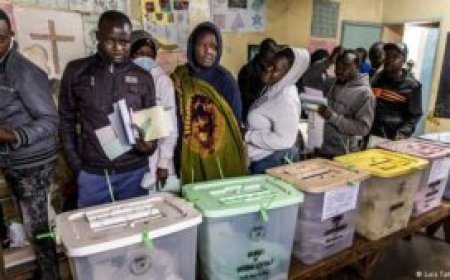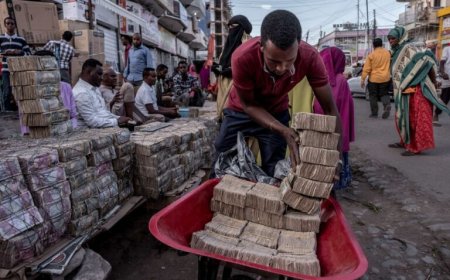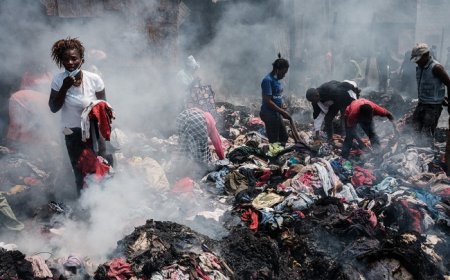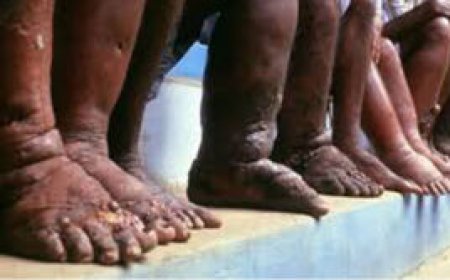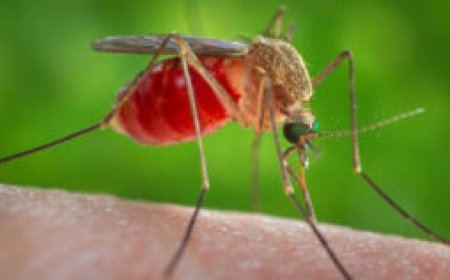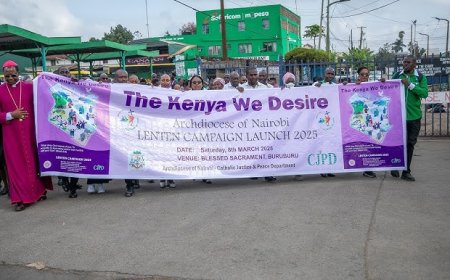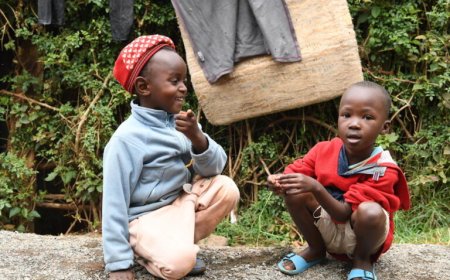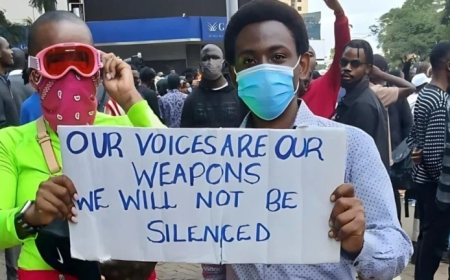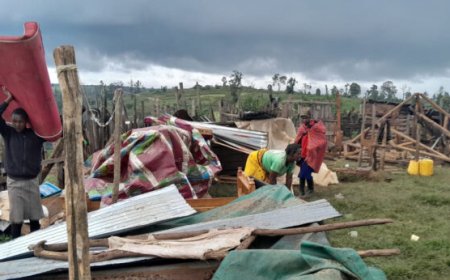Clothing Pollution in the World

The United Nations Environment Programme (UNEP) has been critical of the plastic industry for the impact its production has on the environment.
But did you know that our clothes cause pollution? Yes, that is textile pollution right from clothes production, laundry to disposal.
Kenya is a leader in garment manufacturing in Africa, where many manufacturers dump their waste because they lack a market to connect it to or a waste-to-value solution that is sustainable.
Textile manufacturing operations create large amounts of toxic and nontoxic solid waste. Fibers, hemp, yarn and fabrics are solid waste that are created directly from production lines. The cones, looms and cardboard reels used to hold fibers and textiles during manufacturing add to a factory’s solid-waste pollution. Common toxic-solid waste pollutants include the storage drums and plastic containers used to hold hazardous chemicals and solvents. Leftover powdered dyes and dye containers, scrap metal, oily cloths and wastewater sludge can contaminate the soil and groundwater sources if not properly disposed of or released untreated.
The fabrics that they use to produce these clothes are synthetic fibers and this synthetic fibers are produced from fossil fuels which is also harming the environment in the long run and also the people who make these clothes and us who wear them so we really want brands to be accountable and to stop producing fast fashion.
According to experts,every time we do our laundry an average of 9 million microfibers are released into wastewater treatment plants that cannot filter them. Because of that, these fibers end up in the ocean. Also, just by wearing synthetic clothes, plastic fibers are constantly being released in the air.
In many countries,the local waste collection and distribution is also highly informal, causing a large share of textile waste to be dumped in landfills, polluting soils and causing toxic gas emissions.
The UN says the clothes industry is responsible for eight percent of global greenhouse gas emissions which contribute to climate change, while at the same time $460 billion worth of usable clothes are thrown away each year.
The environmental group Greenpeace argues that wealthier countries are using low income countries as waste disposal grounds for rubbish they can’t recycle themselves.
In a report called “Poisoned Gifts”, Greenpeace argues the second hand clothes are little more than textile waste and the imports threaten locally made products and textile industries.It says
30 to 40 percent of the imports, which is about 74,000 tonnes, ends up being dumped.
According to Greenpeace it’s been difficult for sub-Saharan countries to ban second hand clothes from the US because they’ve struck preferential trade deals with America in what is called the African Growth and Opportunities Act(AGOA).
According to a report posted by the Council on Foreign Relations think tank, the deal has worked in America’s favour because the African nations import more from the US than they export.
Organisations like UNEP are encouraging the growth of new industries which can create new uses for textile waste.One of them is Africa Collect Textiles, collects used textiles for recycling.Kenya alone imports more than 200 million kilograms of used textiles each year.
Africa Collect Textiles turns textile waste into rugs, pencil bags and other products which it exports to Switzerland, Germany and the Netherlands.
However,the World should demand more accountability from global fashion brands like Nike, Adidas, Tommy Hilfiger, H&M,and Shein among others to set up an Extended Producer Responsibility(EPR)fund where for every Euro they sell in terms of profitability to be channeled back to companies like Africa Collect Textiles to solve their mess.
What's Your Reaction?
 Like
0
Like
0
 Dislike
0
Dislike
0
 Love
0
Love
0
 Funny
0
Funny
0
 Angry
0
Angry
0
 Sad
0
Sad
0
 Wow
0
Wow
0


